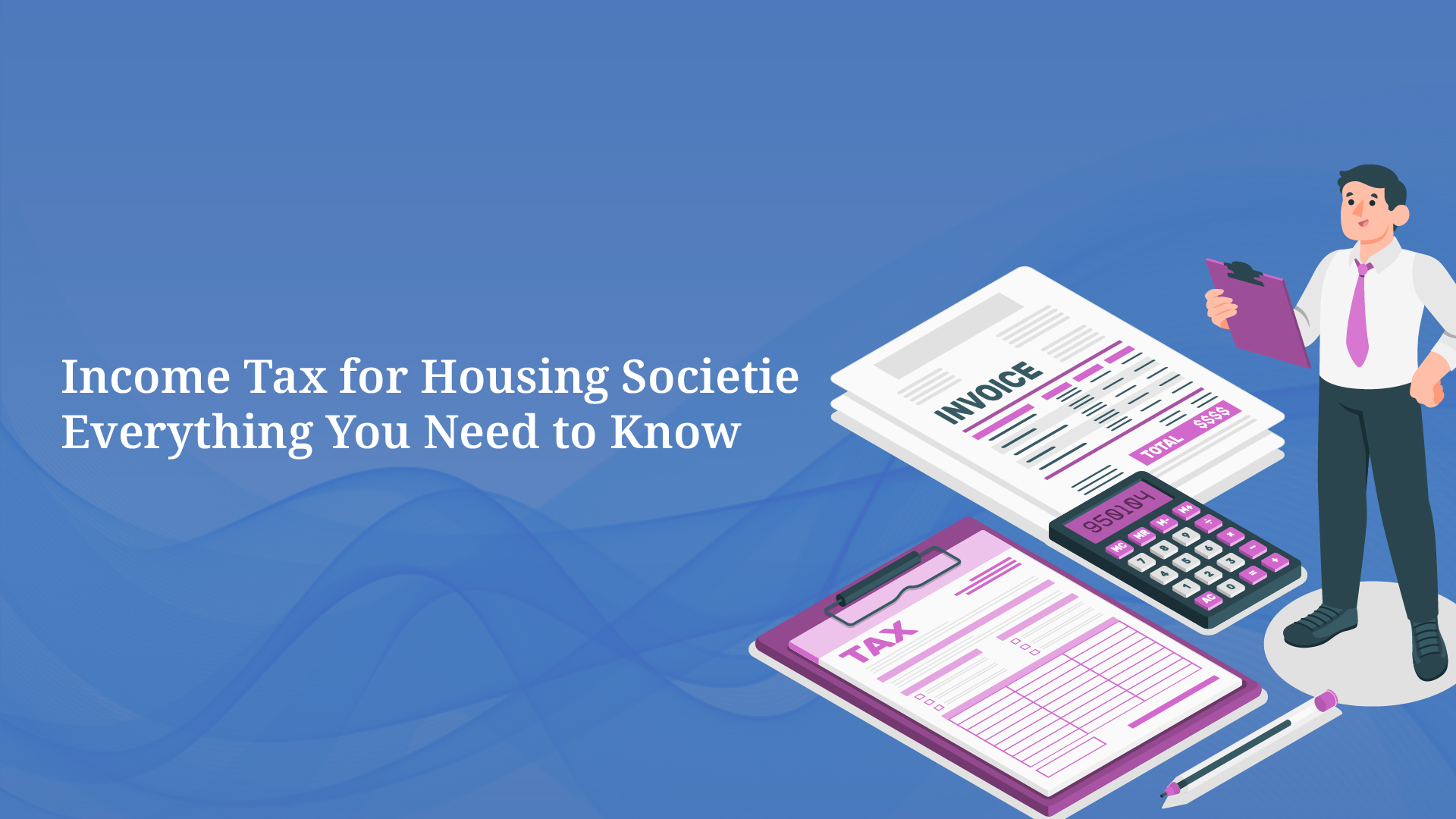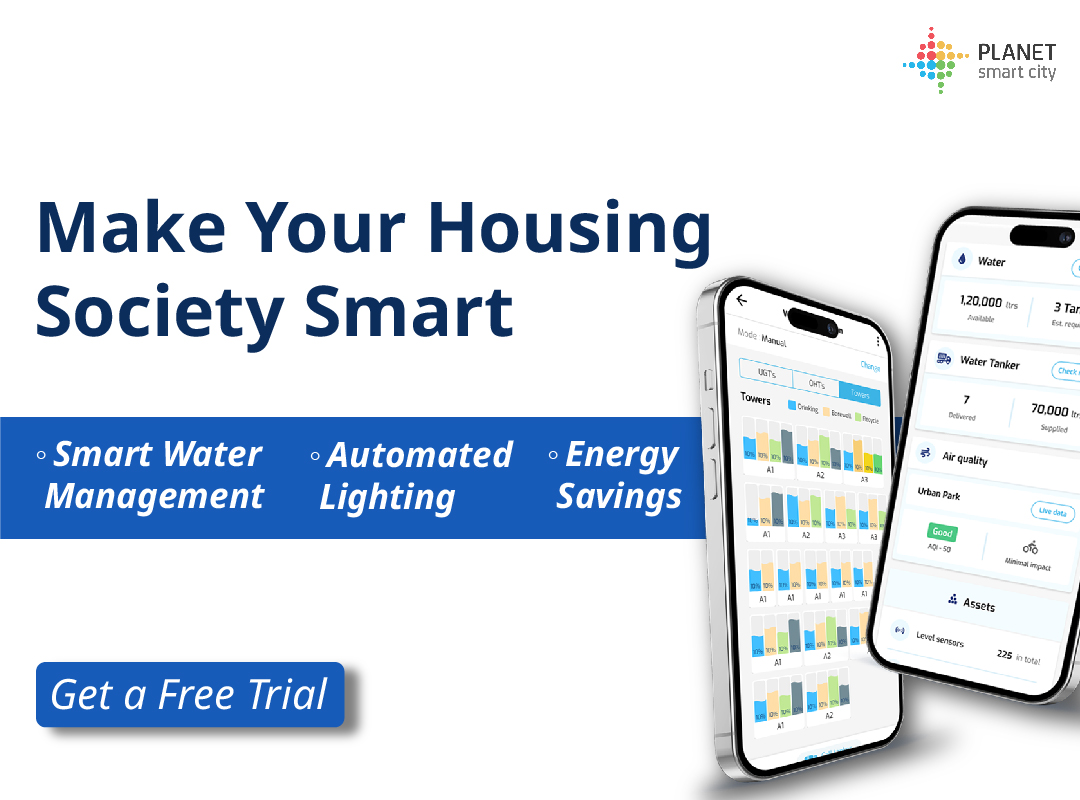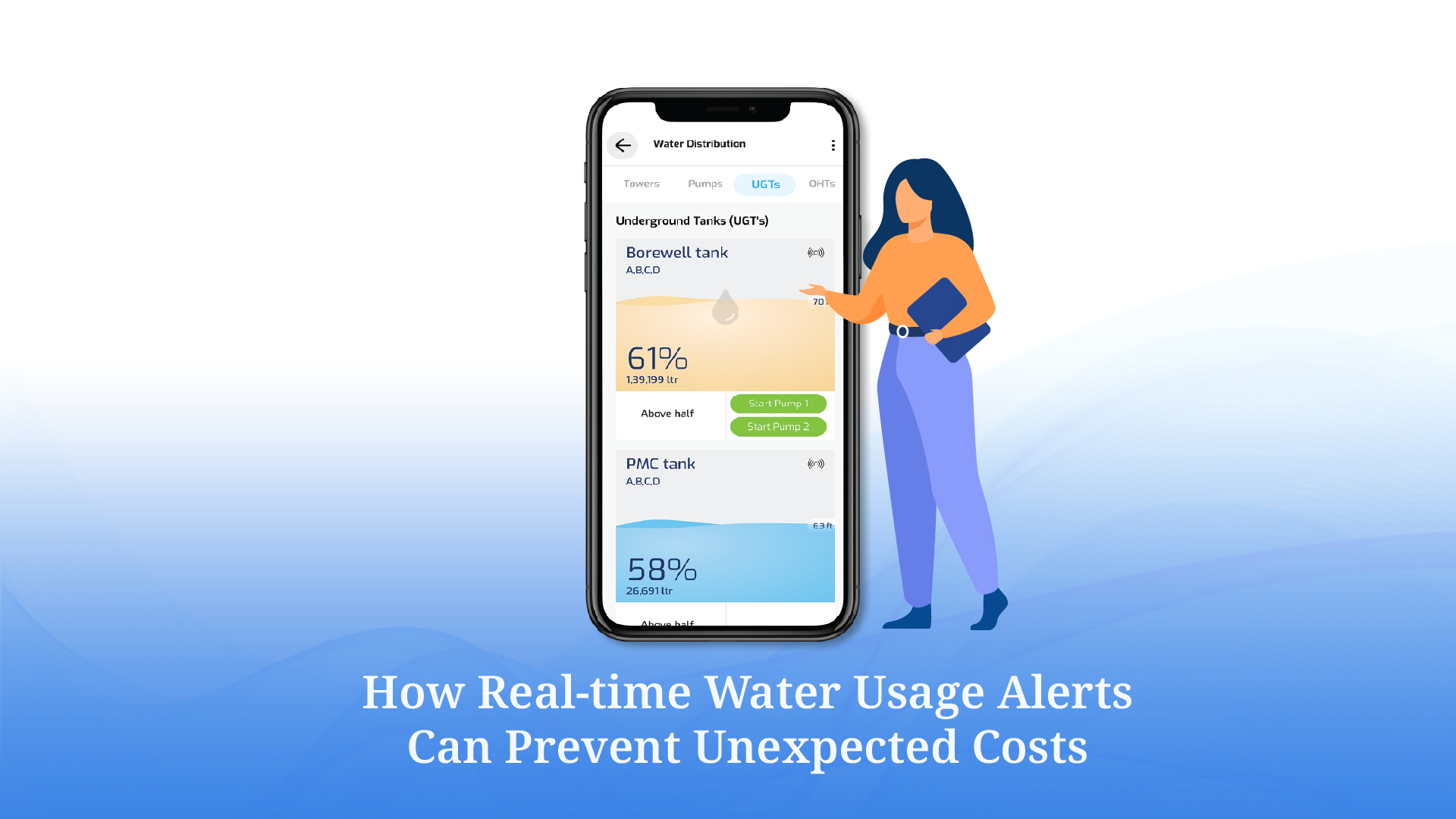Income Tax for Housing Societies: Everything You Need to Know

Managing a housing society involves more than just maintaining common areas and ensuring smooth community living. It also requires financial compliance, including understanding income tax regulations. Many cooperative housing societies believe they are exempt from taxation since they operate on a not-for-profit basis. However, the reality is more nuanced. This guide offers a clear overview of income tax applicability, key legal considerations, common challenges, and how technology can simplify compliance.
Income Taxation in Housing Societies: The Basics
A housing society is primarily formed to provide residential services to its members. Understanding what income is taxable and what is exempt is essential for smooth financial management and compliance. Here’s a clear distinction:
Income that is NOT taxable |
Income that is taxable |
|
|


Income Tax for Cooperative Society And Its Legal Framework
Cooperative housing societies are taxed under the Income Tax Act, 1961, just like any other cooperative entity. The cooperative society tax rates for the Assessment Year 2024-25 are as follows:
| Total Income (₹) | Tax Rate |
| Up to ₹10,000 | 10% |
| ₹10,001 to ₹20,000 | 20% |
| Above ₹20,000 | 30% |
In addition to the above rates, if the total income exceeds ₹1 crore, a surcharge of 7% is applicable. If the income exceeds ₹10 crore, a 12% surcharge is levied. Furthermore, a Health and Education Cess of 4% is levied on the total income tax and surcharge.
Alternatively, under Section 115BAD of the Income Tax Act, cooperative societies have the option to be taxed at a concessional rate of 22%, subject to certain conditions, with a 10% surcharge applicable irrespective of income levels.
Deductions Available
Under Section 80P of the Income Tax Act, cooperative societies can claim tax deductions based on the nature of their activities. Here’s a simple breakdown:
Full Deduction:
- Banking or Credit Services – Societies providing loans or credit facilities to their members.
- Cottage Industry – Small-scale industries operated without heavy machinery or power.
- Marketing of Agricultural Produce – Societies helping farmers sell their crops.
- Purchase of Agricultural Tools & Livestock – Buying and selling seeds, fertilisers, or farm animals for members.
- Processing Farm Produce Without Using Power – Activities like hand-processing crops (without machinery).
- Labour Supply Services – Societies that help distribute work to their members.
- Fishing & Allied Activities – Societies engaged in fishing, fish processing, or distribution.
Partial Deduction:
- Consumer Cooperative Societies – ₹1,00,000 deduction (e.g., societies providing goods to members).
- Other Cooperative Societies – ₹50,000 deduction (if not covered under full exemption categories).
Rental Income Exemption:
- Income from letting out godowns and warehouses is fully tax-free, only if they are used for agricultural purposes.
Not Eligible for Exemptions:
Cooperative Banks (except for primary agricultural credit societies and rural development banks) cannot claim these deductions under Section 80P.
Filing Income Tax Returns for Housing Societies
Every cooperative housing society that earns taxable income must file an Income Tax Return (ITR-5) annually. Even if a society’s income is exempt under Section 80P, it is still required to file returns as part of compliance. The deadline for filing returns is usually 31st July of the assessment year unless extended by the government.
GST Compliance & Audit Requirements for Housing Societies
Housing societies that collect maintenance charges exceeding ₹7,500 per month per member must register for Goods and Services Tax (GST) and comply with the applicable tax regulations. Under the current framework, an 18% GST rate applies to maintenance collections above this threshold. Additionally, income earned from non-members, such as rental income from commercial spaces, advertisement revenue from hoardings, and guest parking charges, is also subject to GST. All cooperative housing societies must maintain accurate books of accounts and undergo mandatory audits as per the Cooperative Societies Act and Income Tax Act.
Common Challenges in Cooperative Society Taxation
Managing cooperative taxation can be complex, with multiple legal and financial obligations to fulfil. Here are some of the most common challenges:
-
Handling Tax Audits & Notices
Large housing societies with high transactions often face frequent tax audits and scrutiny from authorities. Inadequate bookkeeping and errors in ITR-5 filings can lead to disputes, tax notices, and penalties. Additionally, delayed tax payments may result in interest charges and compliance issues.
-
Navigating GST Implications Alongside Income Tax
Managing both GST and income tax obligations adds to the administrative burden for housing societies, increasing paperwork and compliance challenges. Many societies lack expertise, leading to miscalculations, delayed filings, and tax notices, often resulting in legal issues.
Smart Solutions to Simplify Taxation for Housing Societies
Digital financial tools enable housing societies to automate tax calculations, track GST, and simplify tax filing. Cloud-based accounting ensures secure, real-time access to financial records, reducing errors. AI-powered analytics identify tax-saving opportunities, while automated invoicing and payments streamline transactions. Real-time compliance tracking sends alerts for tax deadlines, preventing penalties. As tax laws evolve, adopting smart financial management solutions is essential for compliance and efficiency, helping societies optimise tax processes and reduce administrative burdens.




